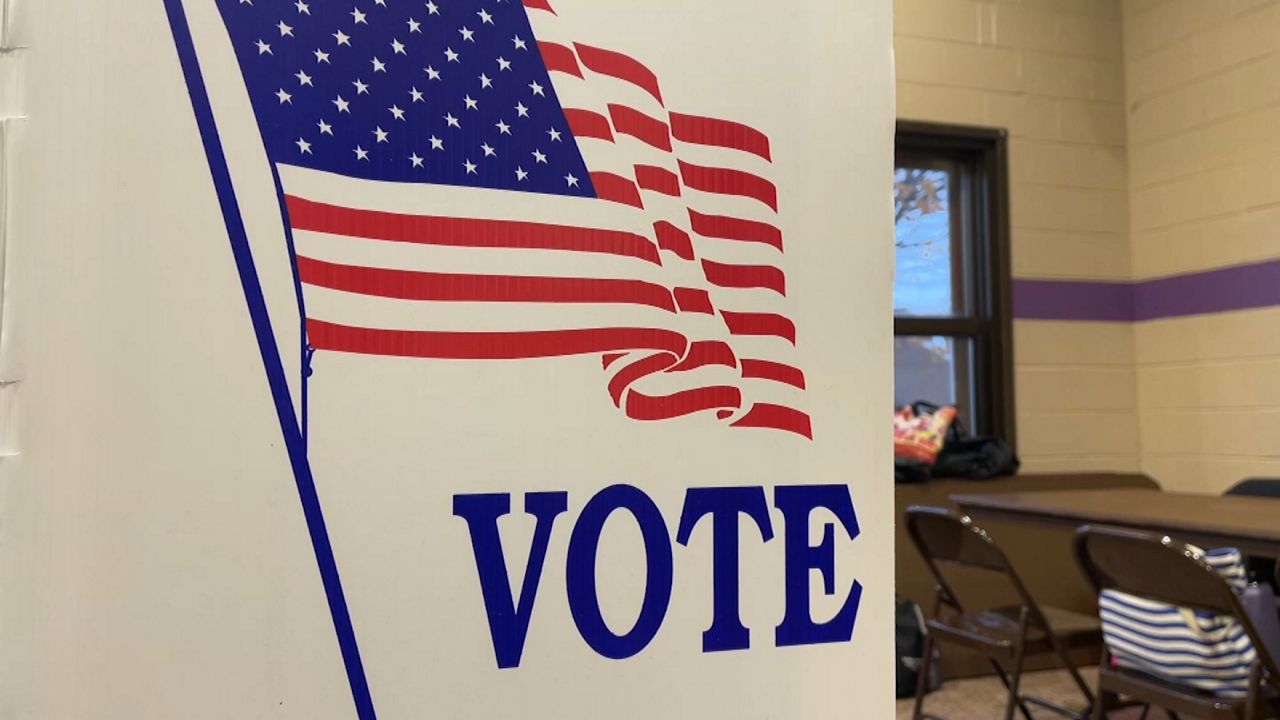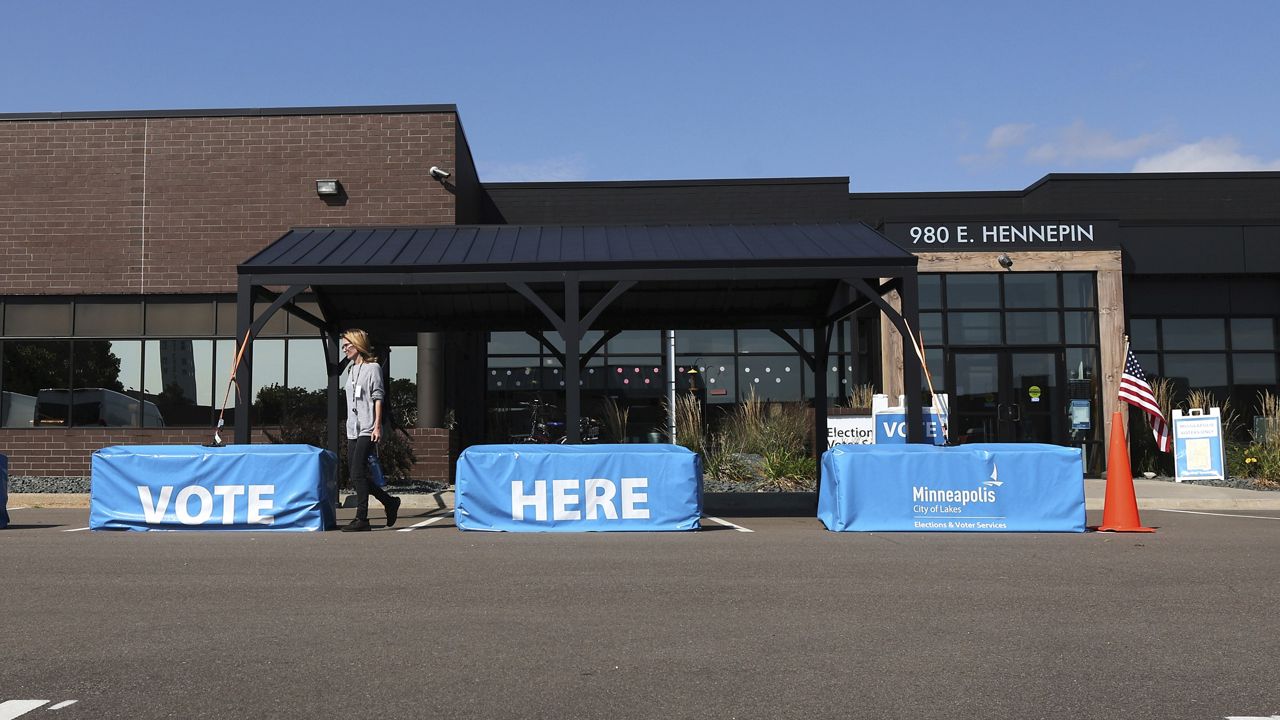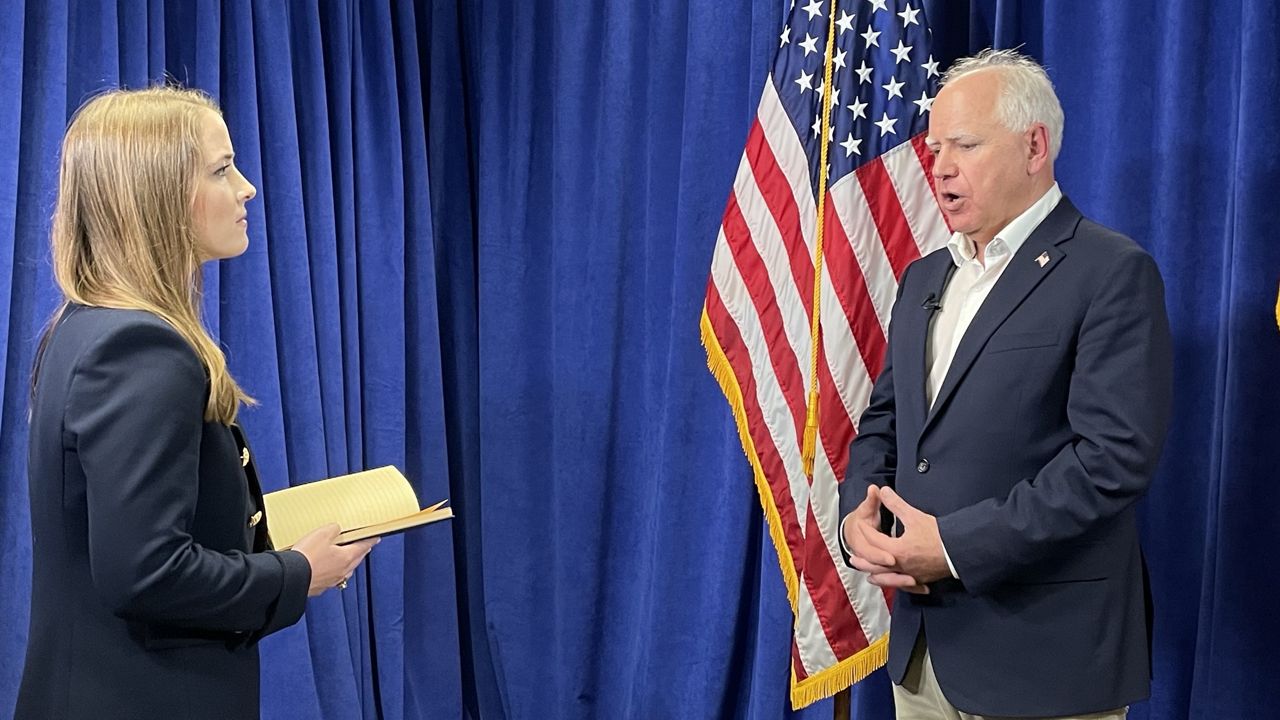For decades, Iowa has been the center of the political universe, with candidates in both parties descending on the Hawkeye State every four years trying to make a splash in the first-in-the-nation caucuses.
Such is the case this year, with most Republican candidates descending on the state over the next few days to attend the Iowa State Fair – including former President Donald Trump, the clear front-runner in the race, Florida Gov. Ron DeSantis, his closest rival, and former Vice President Mike Pence.
For many years, Iowa was considered a swing state, a bellwether indicating the direction the country is leaning, picking the president in 8 out of the last 12 elections, both Democrats and Republicans. But in recent years, the state has moved more consistently rightward, picking Trump in the last two straight elections.
The first-in-the-nation caucuses have been somewhat hit-or-miss in terms of picking the party’s candidate.
Iowa caucusgoers were spot-on in 2000 and 2004, picking George W. Bush twice on the Republican side and Al Gore and John Kerry, subsequently, on the Democratic side, and an upset in the caucuses helped launch Barack Obama’s candidacy over front-runner Hillary Clinton in 2008.
But on the Republican side in 2008, John McCain, the eventual nominee, came in a distant fourth-place, with Mike Huckabee notching a decisive win. In 2012, Mitt Romney finished second to Rick Santorum. In 2016, Trump came in second behind Ted Cruz. And Joe Biden struggled to a fourth-place finish behind Pete Buttigieg and Bernie Sanders in 2020.
With technology and television transforming the way that politicians campaign, it begs the question: Do the Iowa Caucuses still matter?
The answer, at least for Democrats, is probably not.
Since his fourth-place Iowa finish, Biden has sought to change the way that Democrats pick their nominee. The president has led the charge to make South Carolina’s primary – which sparked his fledgling campaign to victory in 2020 – first next year, arguing that it’s more representative of the party than Iowa.
“Just like my Administration, the Democratic Party has worked hard to reflect the diversity of America - but our nominating process does not,” Biden wrote in a letter to members of the DNC’s Rules and Bylaws Committee in 2022, arguing that Iowa’s caucuses are “restrictive” and “inherently anti-participatory,” and that voters of color must “have a voice in choosing our nominee much earlier in the process.”
“For decades, Black voters in particular have been the backbone of the Democratic Party but have been pushed to the back of the early primary process,” Biden wrote. “We rely on these voters in elections but have not recognized their importance in our nominating calendar. It is time to stop taking these voters for granted, and time to give them a louder and earlier voice in the process.”
That fact doesn’t surprise veteran Iowa Democratic strategist Pete D’Alessandro, who worked on Bernie Sanders’ 2020 campaign in the state.
“With the exception of when he was running with President Obama, Iowa’s never been a place that the president has done well,” D’Alessandro told Spectrum News. “It's never been a place that has, to use a phrase, bought what he's selling.”
But for Republicans – and for Iowa voters – the first-in-the-nation caucuses are all-important. Iowa voters told Spectrum News that while they differ on what candidates they support and what policies are most important to them, they really value their state’s status in the nomination process – and take it very seriously.
“We are people that think through the process,” said Iowa resident Deanna Questad.
“I feel like this is our only way of having any power or any influence," said Eric Couchman, another Hawkeye State voter.
“What I usually tell folks about the Iowa caucuses is that we’re not the kingmaker,” said Tim Hagle, a professor at the University of Iowa who has studied the caucuses since the 1980s. “We separate the contenders from the pretenders.”
When asked about if the caucuses still matter, Hagle said that they “absolutely do,” but “the framework often changes.” He said that the caucus process still requires a personal touch of candidates showing up to in-person events – big or small – to convince voters to side with them.
“The Iowa strategy that leads to success for an underdog is just organize, organize, organize, get hot at the end,” said Eric Woolson, who oversaw Huckabee’s 2008 Iowa caucuses victory and is state director this cycle for North Dakota Gov. Doug Burgum’s longshot bid.
Analysts say Iowa makes sense as a Republican proving ground, because GOP voters in the Hawkeye State largely reflect the sentiment of the party’s voters nationwide.
Outside of former New Jersey Gov. Chris Christie, whose campaign is largely taking aim at front-runner Trump and spending time in New Hampshire, every Republican running for president has been stumping in Iowa, proving that the state holds outsize importance in the GOP race for the White House.
This weekend, thirteen candidates will have their say in Iowa, with each getting 20 minutes to address fairgoers. Iowa Gov. Kim Reynolds, who is embracing her role as a key figure in the race for the GOP nomination, will be hosting almost all of them for “Fair-Side Chats,” starting Thursday with former California gubernatorial nominee Larry Elder and continuing throughout the weekend with Pence, DeSantis, South Carolina Sen. Tim Scott, former U.N. ambassador Nikki Haley and more. Candidates will also participate in the Des Moines Register’s annual political soapbox event.
But one notable figure won’t be sitting down with Reynolds: Trump, who criticized the Iowa governor last month for what he called a cozy relationship with DeSantis. Trump also won’t be taking the soapbox stage, but he is scheduled to visit the fair on Saturday.
“I opened up the Governor position for Kim Reynolds, & when she fell behind, I ENDORSED her, did big Rallies, & she won,” Trump wrote on his social media platform. “Now, she wants to remain ‘NEUTRAL.’ I don’t invite her to events!”
In truth, it’s unclear if that will matter much – a new poll from The New York Times / Siena College shows Trump with a commanding 44% lead among Iowa voters, more than double his closest competitor, Gov. DeSantis at 20%.
With its first-in-the-nation status, some Iowa voters wonder if they have too much power in the nomination process.
“Over the years, we have really taken the wind out of some people’s sails that, perhaps had they started somewhere else, may have had a completely different light on their campaign and it may have turned out completely different,” Couchman, who lives in Iowa’s Wayne County, told Spectrum News.
But Iowa voters still relish their chance to give presidential candidates an early look before the rest of the country.
“As far as picking who’s going to win, I don’t think that’s necessarily something that comes out of this,” said Iowa resident Allison Fish. “But as far as vetting people, seeing how they respond to questions is kind of important and one of the things that Iowa does pretty well.”









